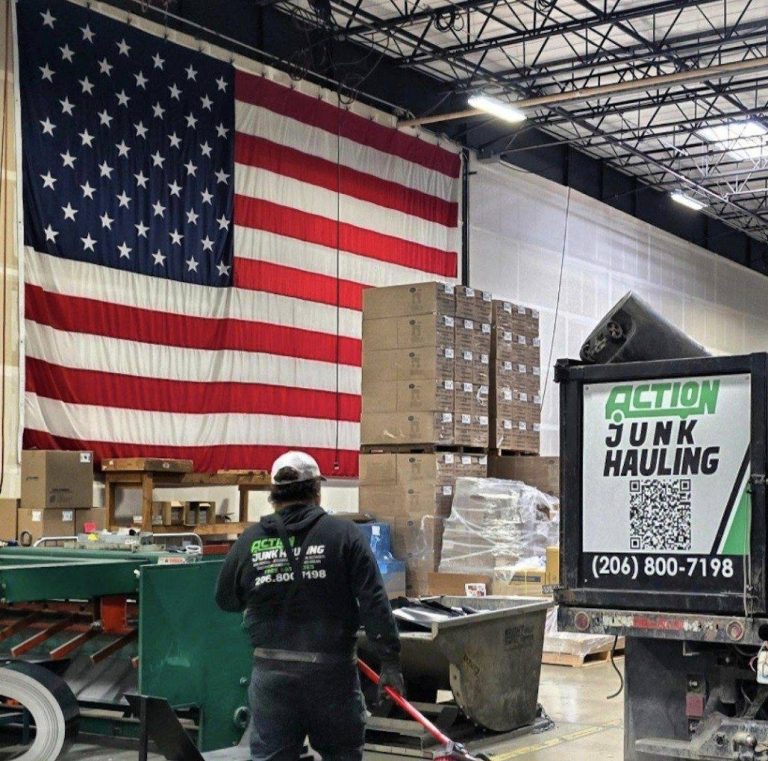Running a payroll in a business can be a complex process if you are doing it manually. Even in companies that operate 100% locally, a payroll process takes time to complete. When thinking of hiring a professional to work on the payroll process, it can be overwhelming. Some factors must be considered, including:
- global payroll compliance
- currency exchange rates
- factoring in the cost of living
- offering local benefits packages
These can make global payroll management a long task, especially when performed manually. Well, this is bad news but the good news is that global payroll services can manage all these in one. Whether you plan for a big global expansion or looking for a better way of managing payroll, global payroll is an ideal solution.
Define global payroll
Global payroll is onboarding and managing the payroll of international contractors and employees. It depends on the contractors and employees that host the country whose global payroll includes various actions, such as:
- Distributing pay slips
- Calculating wages
- Following labour laws
- Tax payment withholding and settling
Yet, you need to understand the differences between global payroll and global payroll operations. These are used interchangeably and are thought to point to the same process. Understanding the difference between these two helps you identify their designated use.

Payroll is compensating employees for their work within the duration period, including:
- bonuses
- benefits
- deductions
Also, there are other tasks involved in payroll, such as:
- compliance with tax laws
- reporting to the government
- keeping accurate records
Payroll has an essential function for any size of business. It is vital to handle it accurately to prevent legal issues or employee dissatisfaction.
Payroll operations are the activities for managing and administering the payroll. The payroll operations are setting up and managing systems for different functions:
- track employee time
- calculating wages
- other compensation
- making payments
- dealing with taxes
- updates in tax laws and labor regulations
You will see the clear difference between payroll and payroll operations in their scope. The payroll is concerned with the following:
- compensating employees
- payroll operations, which involves:
- all of the systems
- processes
- activities
The payroll is an element of a larger concept of the payroll operations.
Practically speaking, a person in charge of the payroll operations is responsible for managing the payroll process.
Working on the payroll process can be time-consuming and will surely take the whole day or days to complete. Using a payroll system helps reduce payroll errors and automate the process.
















